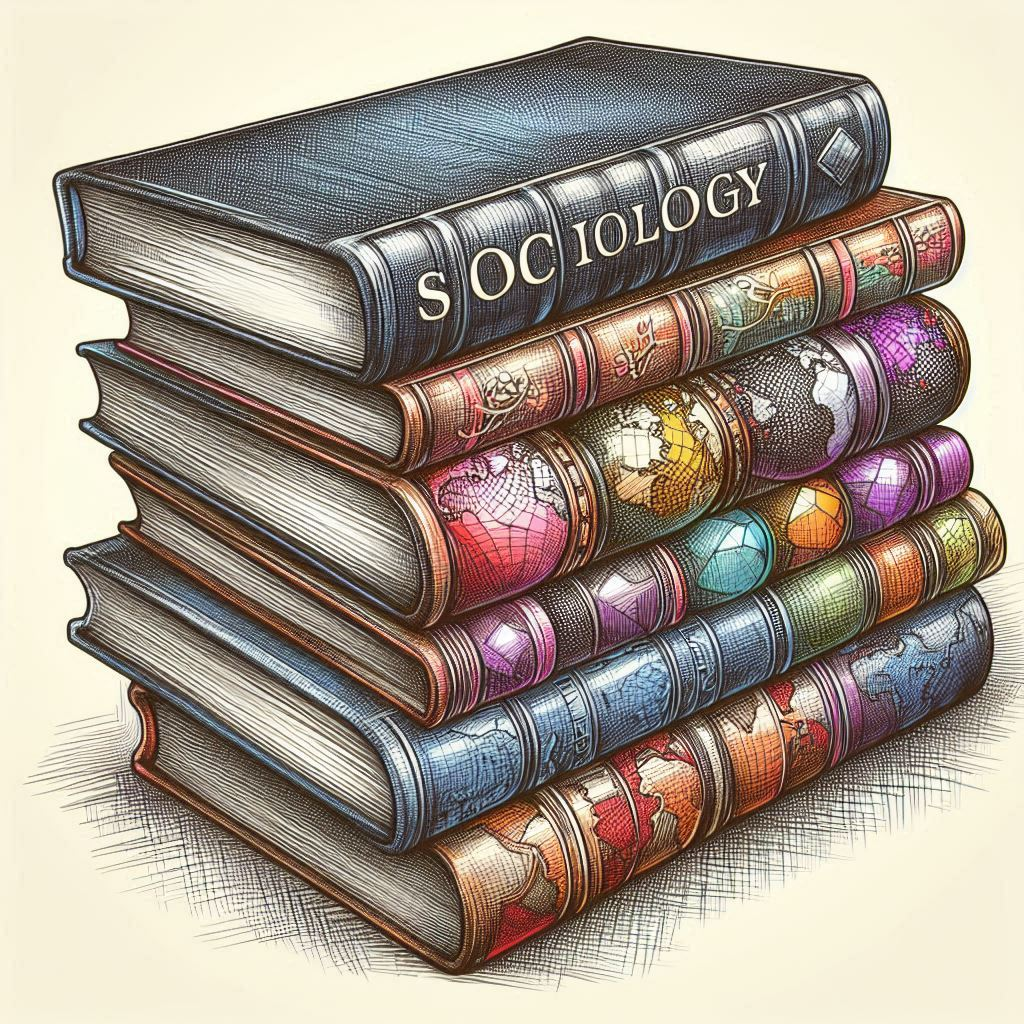Political socialization is the process through which individuals acquire their political beliefs, values, attitudes, and behaviors. It is a lifelong process that shapes how people understand and interact with the political world. Political socialization helps to perpetuate a society’s political culture from one generation to the next, ensuring continuity and stability within the political system. Although it is process within the general Socialization process but it hav its unique characteristics

Meaning
Political socialization involves the transmission of political norms and practices. It encompasses learning about the political system, understanding one’s role within it, and developing a sense of political identity. The process is influenced by various factors and agents, which can shape political perspectives in different ways.
Political socialization is of two types – (a) Manifest Political Socialization, (b) Latent Political Socialization
(a) Manifest Political Socialization
Manifest Political Socialization can be explained when there is explicit communication of values, information or feelings towards political objects or the political systems. It involves imitation of the political orientations and behaviour of others. In simple words, political socialization is manifest when certain beliefs or feelings towards the political system are put into the minds of others directly and in clear terms. Good examples are when students are taught about the merits of democracy in schools in countries following western type of democracy. Similarly, in the Defunct – USSR, children were taught about the Communist Party being the only vehicle of positive change in the society. In the erstwhile Soviet Union, the compulsory courses of Marxism-Leninism are examples of manifest political socialization. Lectures, use of mass media, formal education in educational institutions are ways of bringing about political stability or for maintaining status-quo. These can also be used for bringing about gradual political change. In today’s world Internet is one of the most effective ways of manifest political socialization. Personal experiences like the struggle of Palestinians in Israel, the terrorist activities in Punjab in the late 1980’s , the attack on World Trade Centre in September 11, 2009, the Mumbai blasts in the recent past etc. are all examples of manifest political socialization. What role one desires to play in the system helps one acquire certain traits that become a part of manifest political socialization.
(b) Latent Political Socialization
It is the transmission of non-political attitudes which affect the orientation of people towards the political system. It is an unconscious process. This works automatically and might even go unnoticed but can be equally effective as manifest political socialization. As Almond and Powell states that it involves many of the most fundamental characteristics of the general culture which may in turn have great effect on the political sphere. Its impact on the political system can be seen gradually. The process includes personal experiences which might not be expressed, but nevertheless would have an impact. For example, joining some organisation which has some affiliation or ideology, the family’s leanings for a political party and the subsequent discussions over dinners, the voting behaviour of the elders in the family etc Political Socialization is the means by which political culture can be changed, sustained or slightly modified.
Political socialization can be manipulated by the leadership if it wants a change in the political culture. Sometimes, the leadership might have vested interests but at other times, it might not really find the political culture healthy or conducive to the growth of the Nation. We have the example of the Communist Regimes in different countries which used political socialization to change political culture across Continents.
Besides manifest and latent political socialization, we have the specific political socialization in which specific values and beliefs are imparted. The Communist Parry in the defunct USSR, present China is examples. In particularistic socialization, an individual is taught only one role. The examples of the role of the old and the young in the tribes are explanatory. Even Plato indirectly talked about this socialization by advocating an education system where people would be sent to jobs best suited to their capability. Contrary to this is the universalistic socialization in which a cosmopolitan outlook is developed. The individual is encouraged to imbibe several roles and skills. Affective socialization is used by all regimes to stress on loyalty for the political system and its leadership. Instrumental socialization is pragmatic because its emphasis is on bargaining and deriving the maximum benefit from the political system. It believes in calculating strategies to benefit from the system. Political socialization has different stages. First, the individual gets absorbed in the general culture and then in the political culture of the country. Childhood is the first stage when the informal factors work on the children and influence them. As the children grow, the educational institutions exert their influence on their thoughts and behaviour regarding their environment, especially the political environment. As the citizens look for employment, other factors like job availability, the employer- employee relationship and the political system’s role, all add to the moulding of the former’s participation in the political system.
Agencies of Political Socialization
Several key agencies contribute to the political socialization process:
1. Family:
The family is often the first and most influential agent of political socialization. Parents and other family members pass on their political beliefs, party affiliations, and attitudes towards government and authority to their children.
2. Education System:
Schools play a critical role in political socialization by teaching about political systems, history, civic responsibilities, and national values. Civics and social studies classes, as well as extracurricular activities like student government, help students develop political knowledge and engagement.
3. Peer Groups:
Friends and social networks influence political attitudes and behaviors, especially during adolescence and young adulthood. Peer discussions and group norms can shape political opinions and participation.
4. Media:
The media, including television, newspapers, radio, and digital platforms, is a significant source of political information and opinion. Media exposure can shape political knowledge, perceptions of political events, and attitudes towards political issues and actors.
5. Religious Institutions:
Religious organizations and leaders can influence political beliefs and behaviors. Religious teachings and communal activities often convey values and norms that intersect with political life.
6. Political Parties and Interest Groups:
These organizations engage in political education and mobilization, shaping the political attitudes and behaviors of their members and supporters. Campaigns, party platforms, and advocacy efforts are means through which these groups influence political socialization.
7. Government and Public Institutions:
Government actions, policies, and public institutions, such as the military and the judiciary, also play a role in political socialization. Public ceremonies, national holidays, and symbols of the state can foster a sense of national identity and civic duty.
8. Workplace:
For adults, the workplace can be a site of political socialization, where interactions with colleagues and exposure to organizational policies and cultures influence political attitudes and behaviors.
9. Community and Social Organizations:
Local communities and social organizations, including clubs, associations, and nongovernmental organizations (NGOs), provide platforms for political engagement and learning. Participation in community activities can reinforce civic values and political skills.
10. Historical Events and Social Movements:
Significant historical events, such as wars, economic crises, and social movements, can have a profound impact on political socialization. These events shape collective memories and influence the political attitudes and behaviors of those who experience them. Through these various agencies, individuals continuously develop and refine their political beliefs, contributing to the overall political culture of their society. Political socialization is an ongoing process that adapts to changing social, economic, and political contexts.


